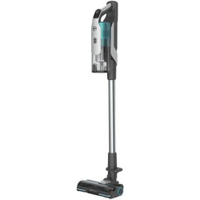How often should you vacuum? Here's what the experts recommend
Love it or hate it, vacuuming isn't a chore we can skip - here's how often you should be doing it, according to experts
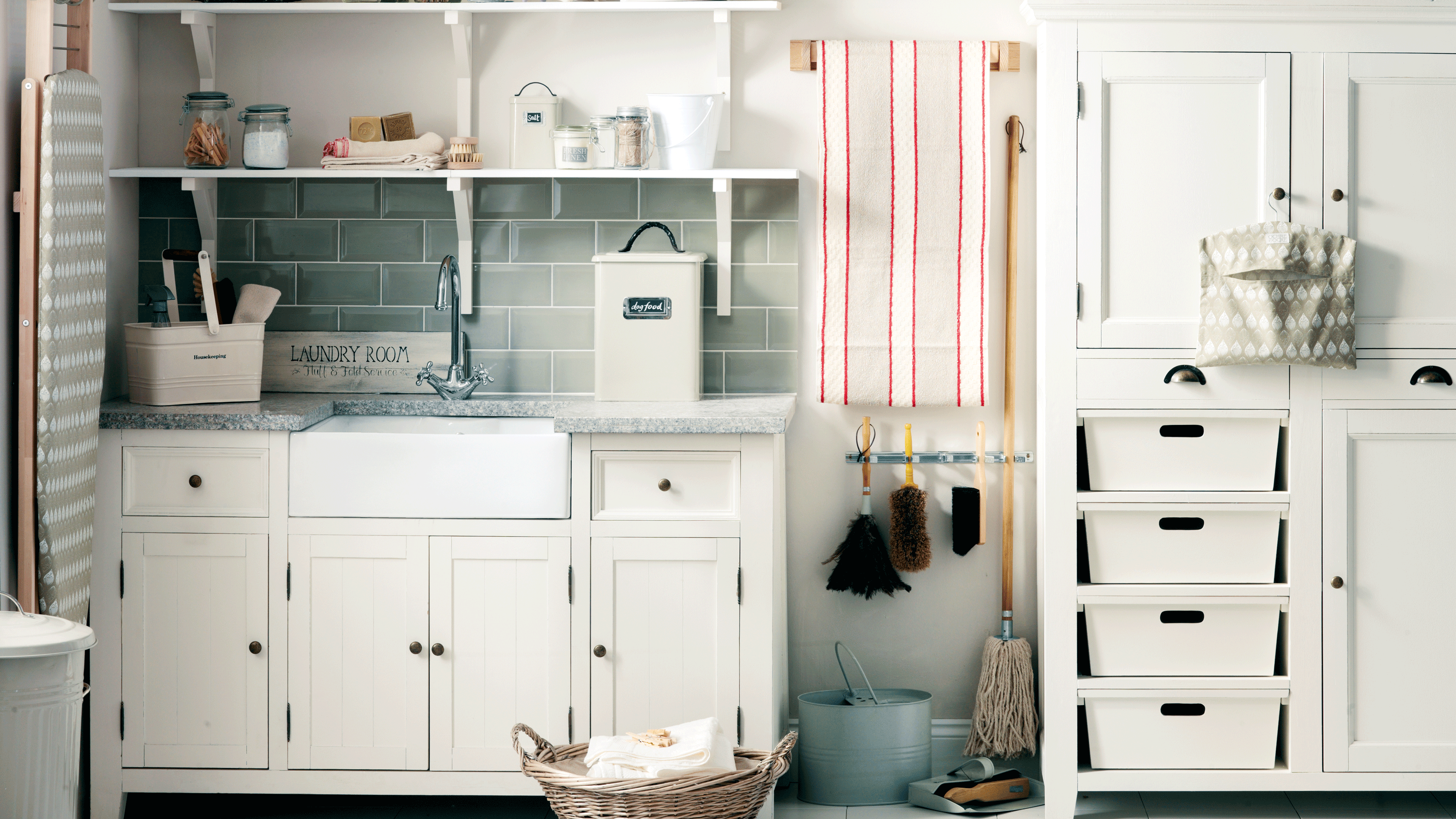

Vacuuming isn't a chore we can neglect, but it can be difficult to know how often we should be doing it exactly. You don't want to vacuum too much (who has the time?), but you also don't want to vacuum too little, so knowing how often should you vacuum will ensure you're hitting the sweet spot and doing it just enough.
Whether our floors are hard or carpeted, the best vacuums are a lifesaver for clearing them of dust, dirt and spillages. Whether you reach for yours every day or every fortnight, knowing what the experts think about how often should you vacuum can help you keep your house in tip-top condition, without expending more energy than you need to.
'How often you vacuum will depend on many factors, not least your personal preference of whether you like to keep everything spotless, or if you don’t mind the odd speck of fluff or dust,' says Catrin Davies, Senior Product Manager, SDA Hoover.
There are some guidelines the experts recommend you should stick to for how often should you vacuum. We piled their top tips into this essential guide.
How often should you vacuum?
There are a number of things that will influence the answer to how often should you vacuum, and it's not a one size fits all approach. Here's what the experts had to say.
How often should you vacuum?
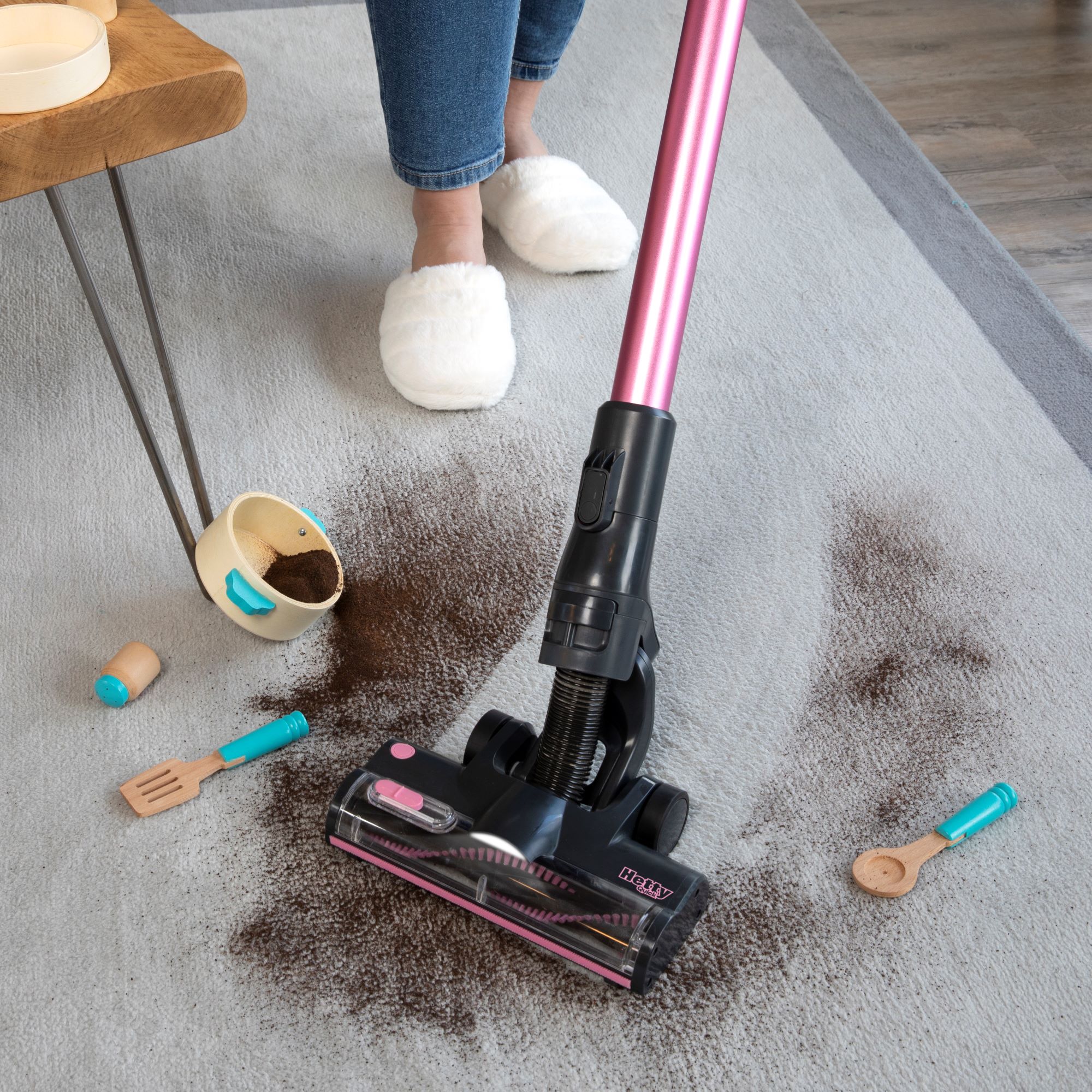
One thing to keep in mind when thinking about how often should you vacuum is the amount of traffic certain areas of your house receive.
'As a general rule of thumb, it's recommended to vacuum high-traffic areas, such as the entryway, the living room and the hallways, at least 2 to 3 times a week,' says Lily Cameron, Cleaning Supervisor, Fantastic Services.
It's important to vacuum according to the needs of your house. If you have small children, you'll likely need to vacuum every other day, as there will be more crumbs on the floor and messes to clean up. It's helpful to know how to remove stains from carpets, as these might not always be best tackled with a vacuum.
'For areas with less foot traffic, such as bedrooms or guest rooms, a weekly vacuuming should be enough,' Lily says. 'However, it's always recommended to also visually inspect these areas to determine if they require more attention.'
How often should you vacuum hard floors vs carpets?
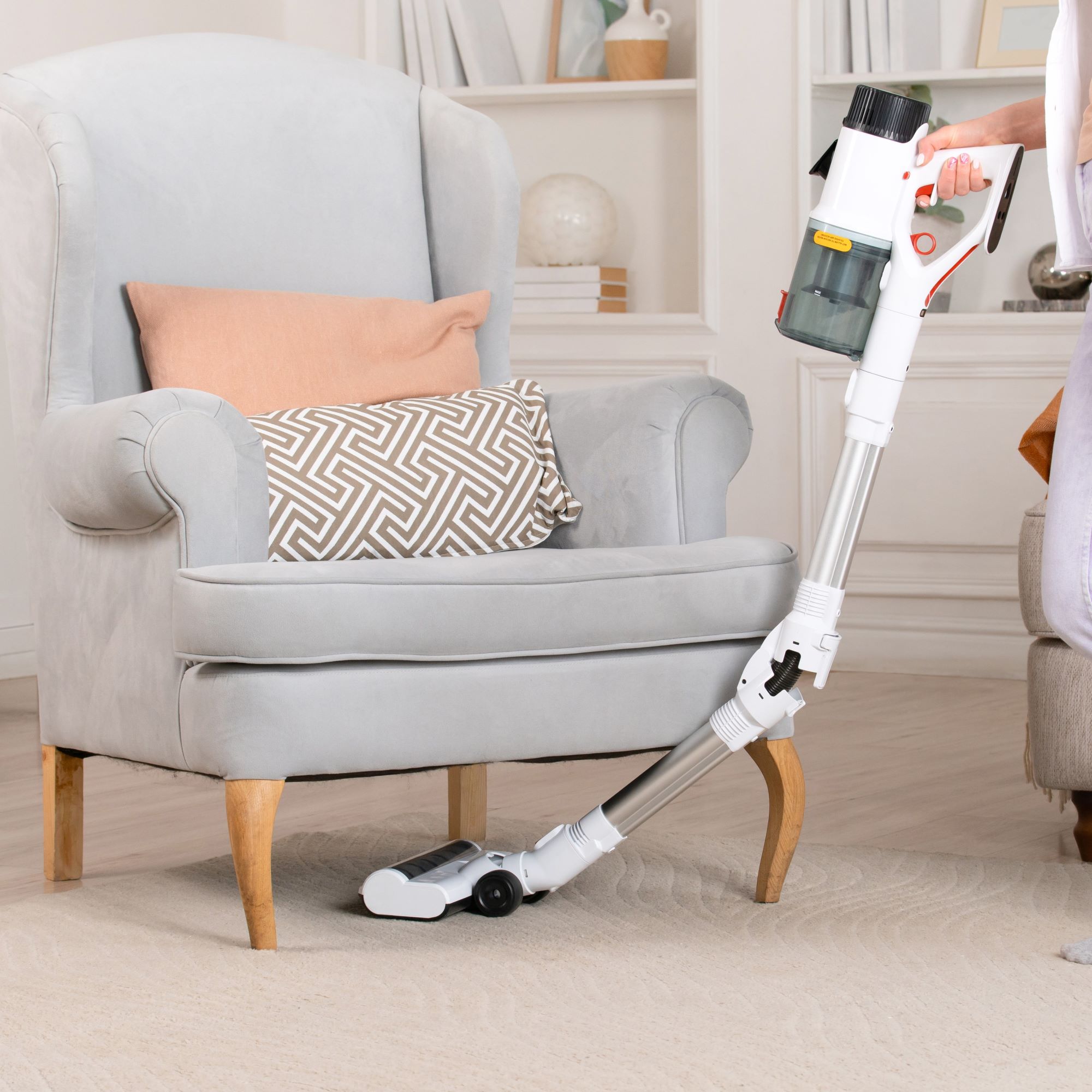
Knowing how often should you vacuum also depends on the type of floor you're working with too. Generally speaking, hard floors require vacuuming less often than carpets, as it's within carpet fibres that debris is more likely to cling to.
'Carpets, whether it’s wall-to-wall carpets or rugs, are more susceptible to trapping dirt, dust, allergens, and other debris within their fibres,' explains Lily. 'Because of this, they require more frequent vacuuming, ideally two to three times a week in high-traffic areas to prevent dirt from settling deep into the carpet pile. For less frequently used areas, vacuuming once a week is typically enough.'
Hard floors, such as tile, hardwood, and laminate flooring, tend to accumulate less dirt and debris, but they are still prone to collecting dust, pet hair, and other particles. It's recommended to vacuum hard floors once a week, but they'll also need a mop on top of this as well.
How often should you vacuum with pets?
'If you have pets, particularly ones with fur that shed, it's recommended to vacuum more often, ideally every day or every couple of days,' Lily says.
Households with pets will definitely need an increased frequency of vacuuming. Aside from cat and dog hairs making a room look messy, they're also not ideal to leave around, as they'll settle into furniture and carpet fibres, making them harder to remove.
If you can, vacuum your carpets every day if you're living with pets, and hard floors every 2-3 days. We recommend using one of the best vacuums for pet hairs, so that when you are vacuuming, you know that all the pet hairs - even the ones you can't see - are being removed from your floor.
Hoover HF9 Cordless Pet Vacuum Cleaner with ANTI-TWIST™, was £399 now £279 at Hoover
If you have pets, it's recommended to invest in a vacuum with a special attachment designed to pick up pet hairs, as these can be notoriously difficult to lift from the carpet. The Hoover HF9 (pets edition) will leave your carpets, furniture, and even curtains fur-free with its powerful suction and ANTI-TWIST technology.
How often should you vacuum if you have allergies?
People with allergies will benefit from a house that is vacuumed daily, especially if there are a lot of carpeted floors.
'If you or someone in your household suffers from allergies, asthma, or other respiratory conditions, frequent vacuuming can be beneficial to remove allergens, such as dust mites, pet dander, pollen, and mould spores,' Lily says. 'It will help improve indoor air quality and reduce potential triggers.'
FAQs
Is it OK to vacuum everyday?
It is OK to vacuum everyday, and in some situations, this will be helpful. If you suffer from allergies, or if you live pets, it's recommended to vacuum your carpets everyday. High traffic areas, like in the hallway, living room, and kitchen, will also benefit from a daily vacuum.
'The most important thing to remember when vacuuming your carpets is that each carpet material has different needs – so make sure to pay attention to the sensitivity of your floor coverings to ensure you’re vacuuming the right amount each week,' says Kirsty Barton, Digital Marketing Manager, Alternative Flooring.
If you are vacuuming every day, make sure you know how to clean a vacuum, so that yours can stay in good condition even with continuous use. 'Empty the dust bag or canister regularly, clean or replace filters as needed, and make sure the brushes and attachments are in good condition,' Lily advises. 'This will optimise your vacuum's performance and ensure a more thorough cleaning.'
What happens if you don't vacuum often?
If you don't vacuum, dust and other potential allergens will collect on your floors, especially on carpets. 'Without regular vacuuming, these particles can build up over time and lead to poor indoor air quality and potential allergic reactions,' cleaning supervisor Lily explains. 'This can particularly be a problem for individuals with asthma, allergies, or respiratory sensitivities.'
Even if you don't suffer from allergies, not vacuuming is still problematic. Food spillages and crumbs need to be vacuumed up quickly, otherwise, pests may come and before you know it you'll be learning how to get rid of rats. Your floors will also look less aesthetic in general, and stains will become more long-lasting and difficult to remove.
Get the Ideal Home Newsletter
Sign up to our newsletter for style and decor inspiration, house makeovers, project advice and more.

Katie has been writing freelance since early 2022, specialising in all things homes and gardens, following achieving a Masters in Media and Journalism. She started out writing e-commerce content for several of Future’s interior titles, including Real Homes, Gardeningetc, Livingetc, and Homes and Gardens. Since then she’s been a regular contributor on Ideal Home’s digital team, covering news topics, how-to guides, and product reviews.
-
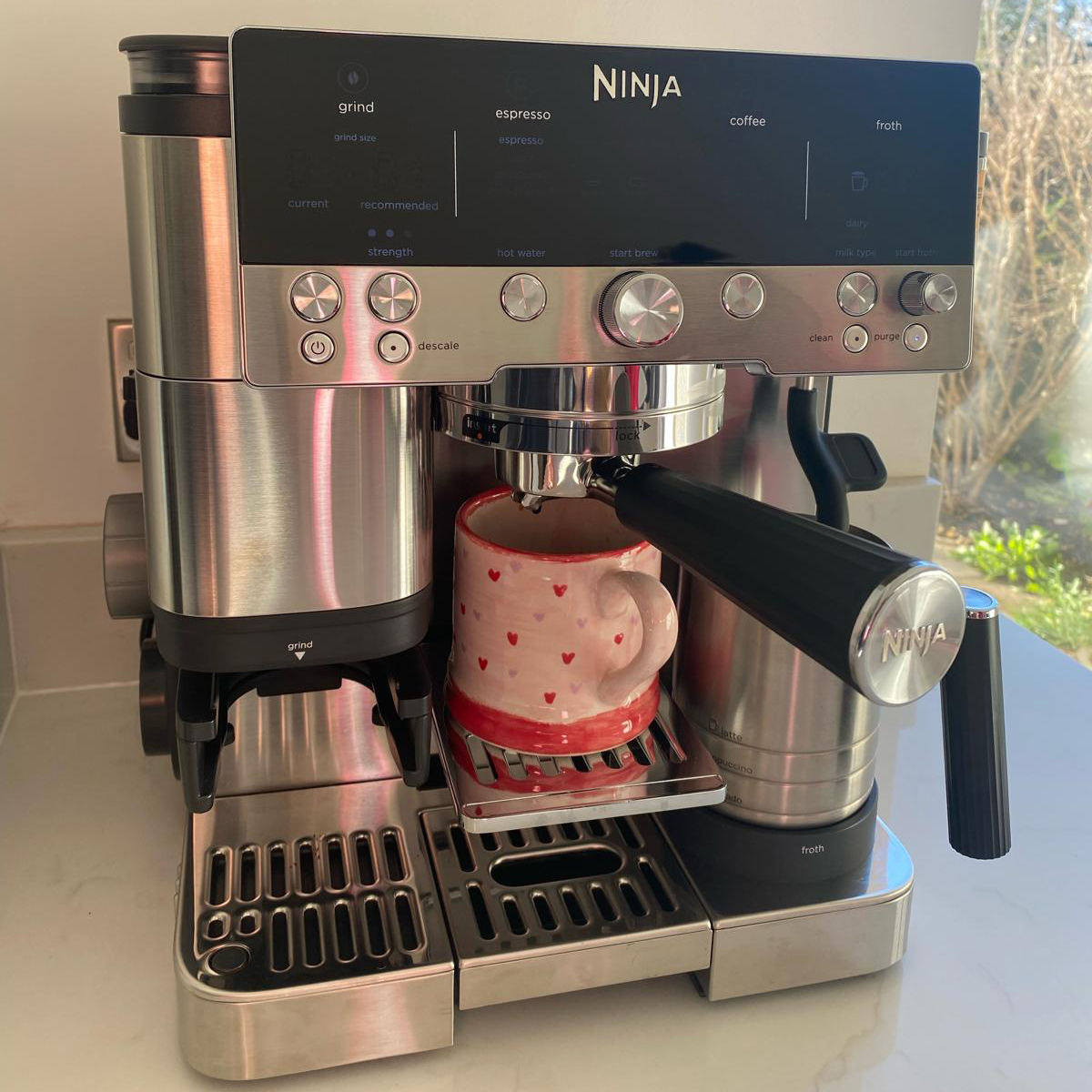 My go-to Ninja coffee machine is on sale for Easter weekend
My go-to Ninja coffee machine is on sale for Easter weekendIt makes coffee shop quality achievable at home
By Molly Cleary
-
 When to plant out annual flowering plants for vibrant, colourful garden borders – and give them the best start, according to experts
When to plant out annual flowering plants for vibrant, colourful garden borders – and give them the best start, according to expertsNot sure when to plant out annual flowering plants? We've got you covered...
By Kayleigh Dray
-
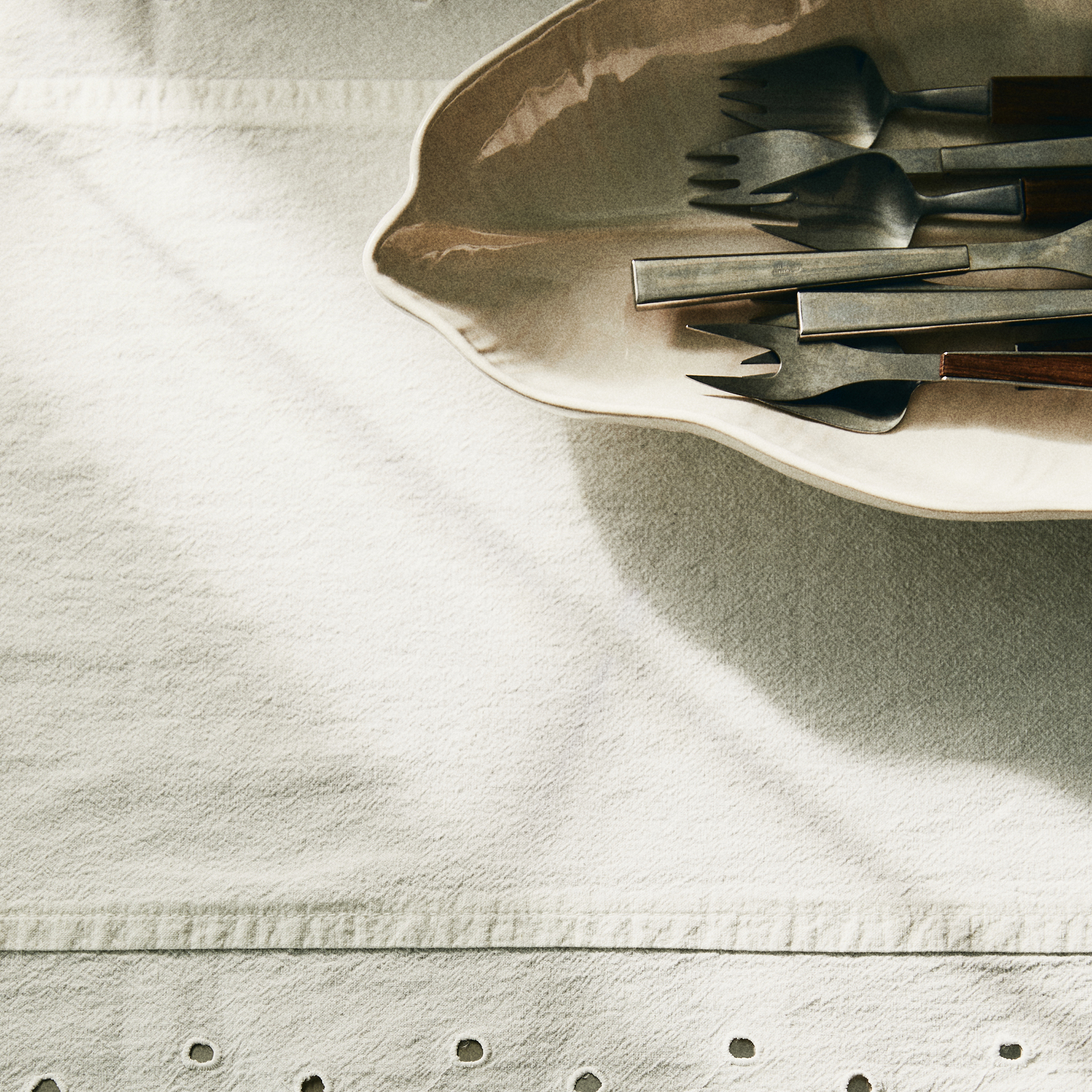 I'm a kitchen decor editor and didn't like this tableware trend - until I saw H&M Home's designer-look plates
I'm a kitchen decor editor and didn't like this tableware trend - until I saw H&M Home's designer-look platesThey made it easy to justify a new crockery set
By Holly Cockburn
